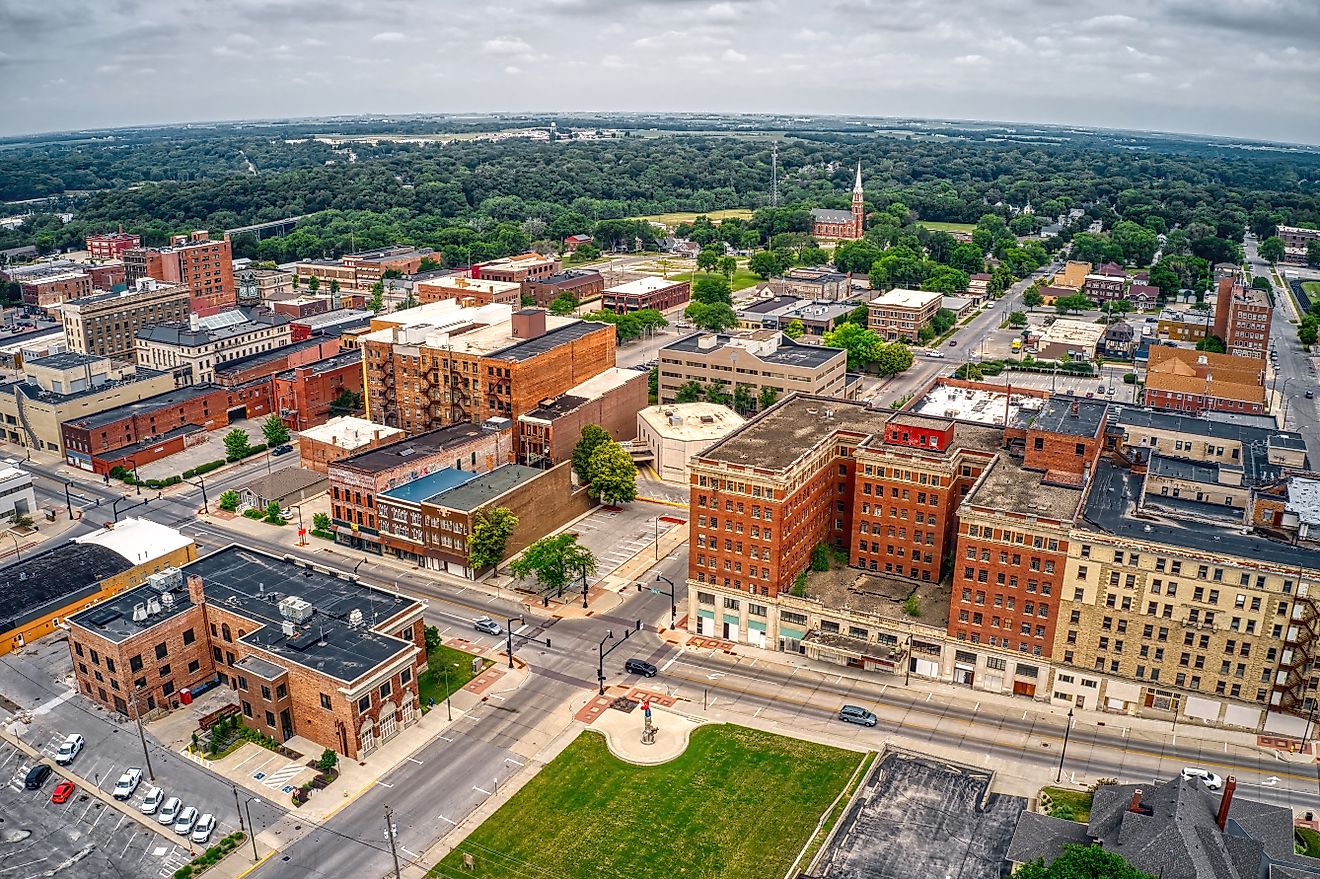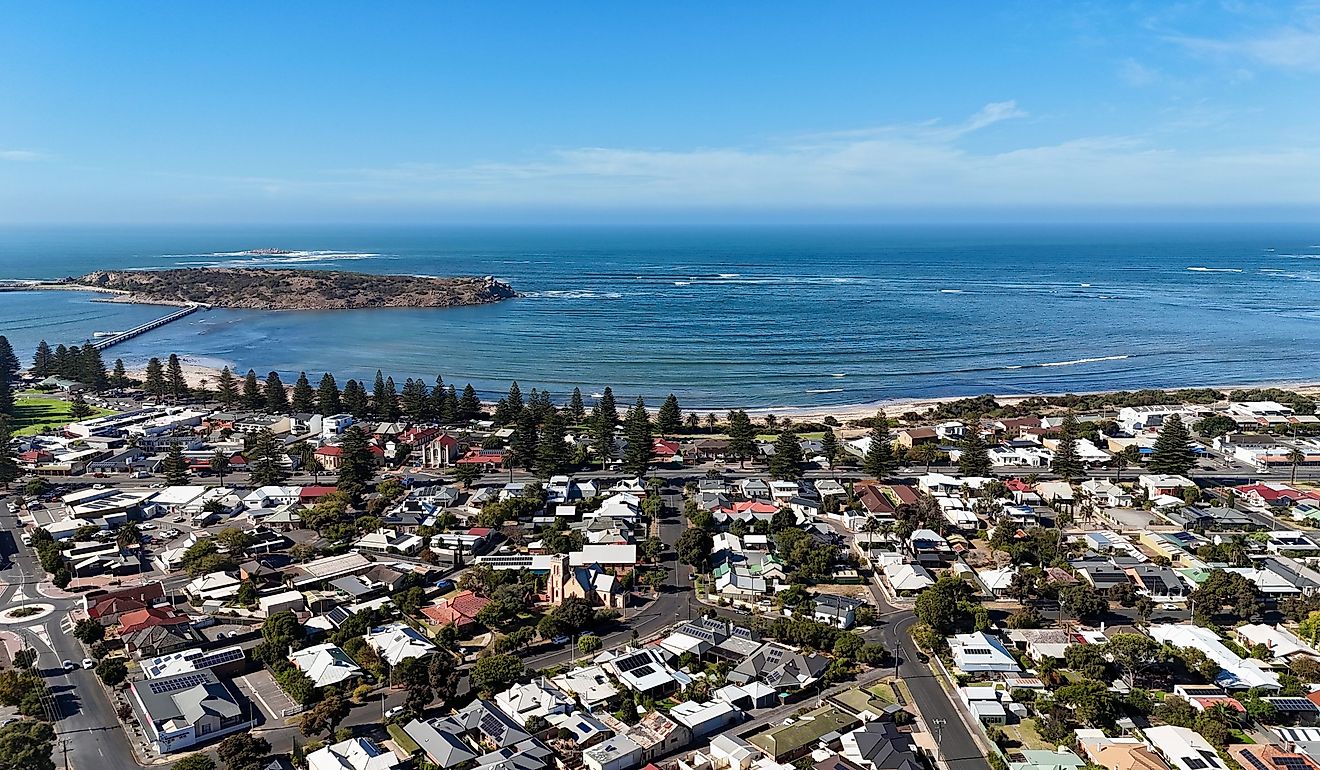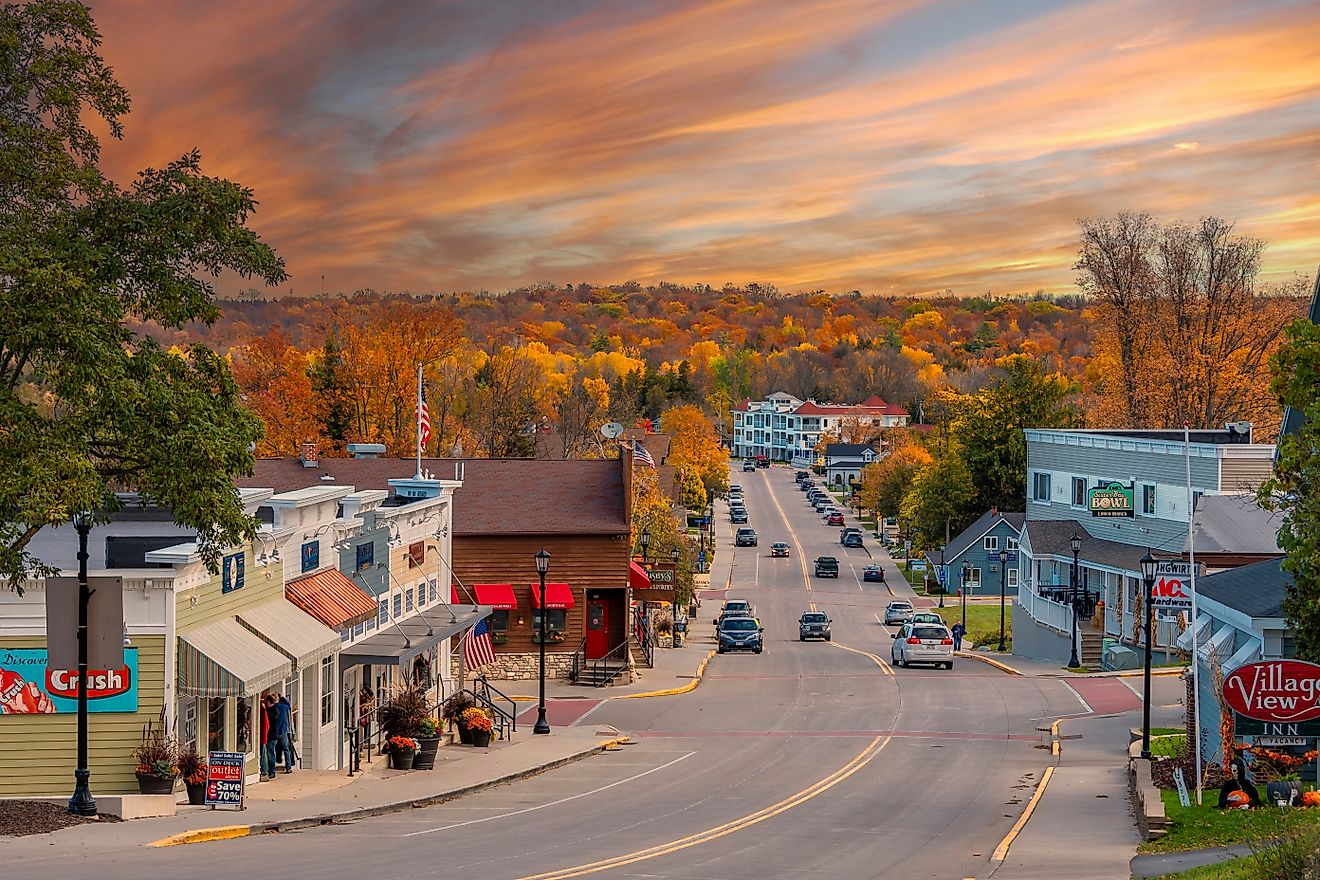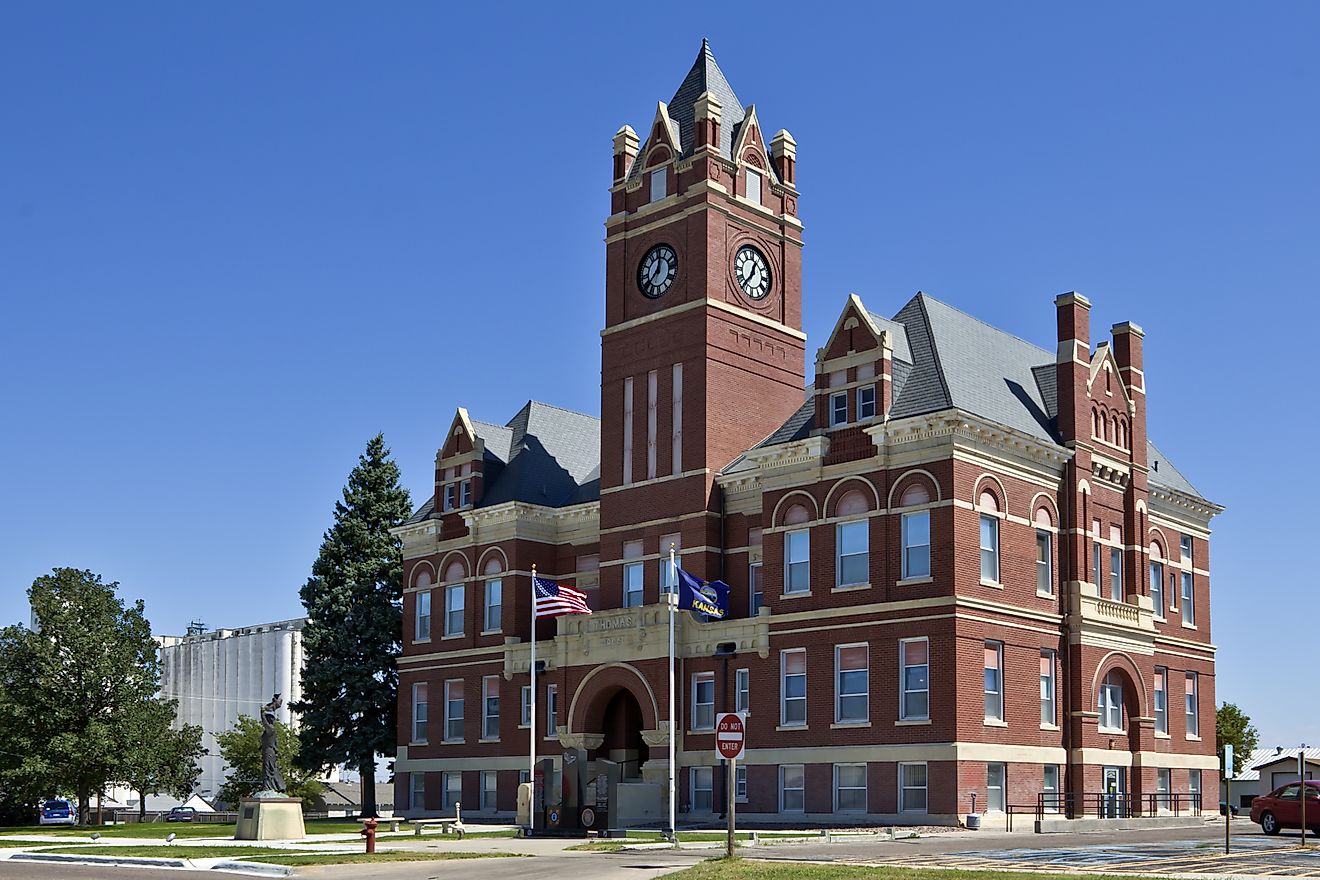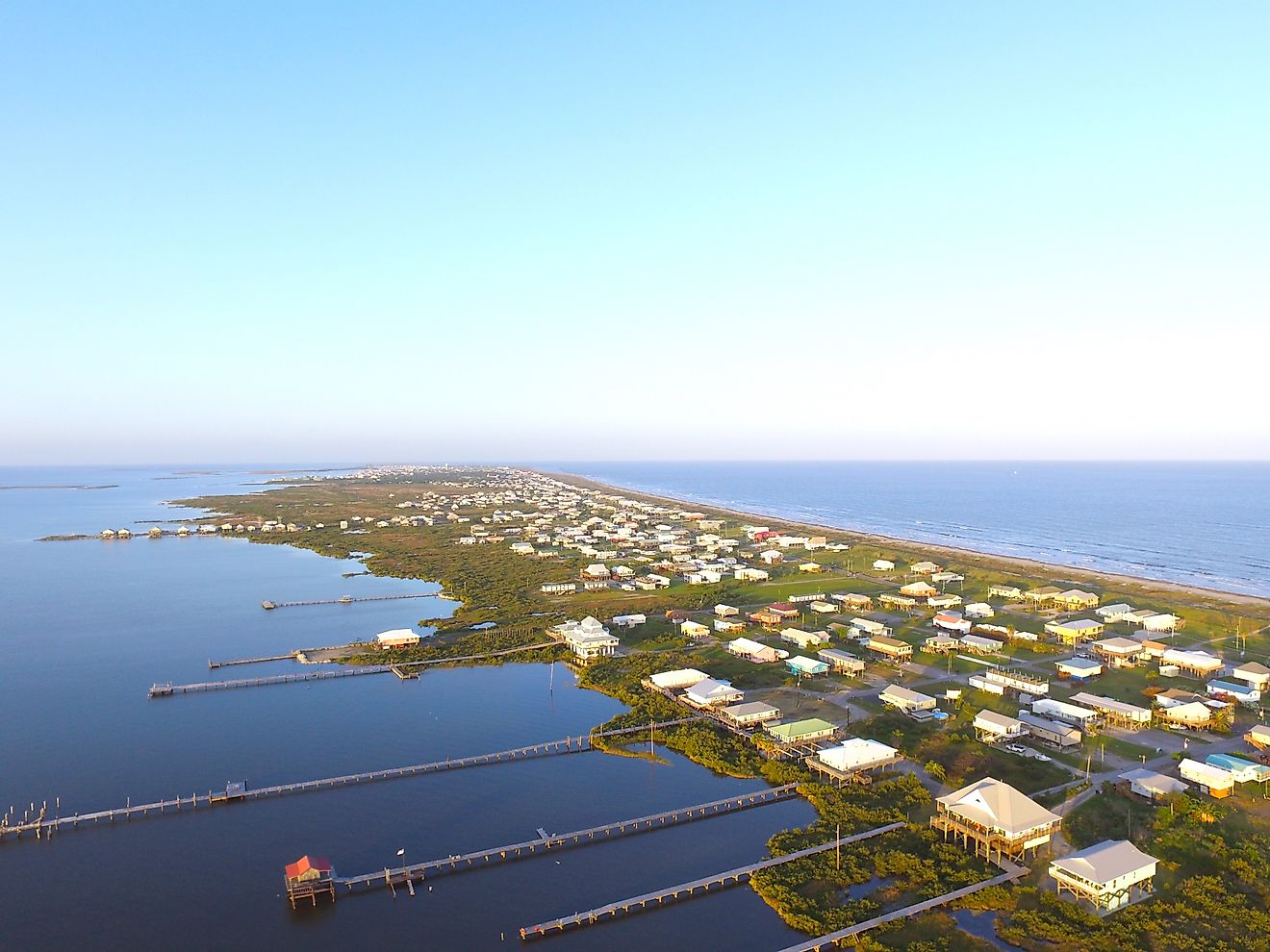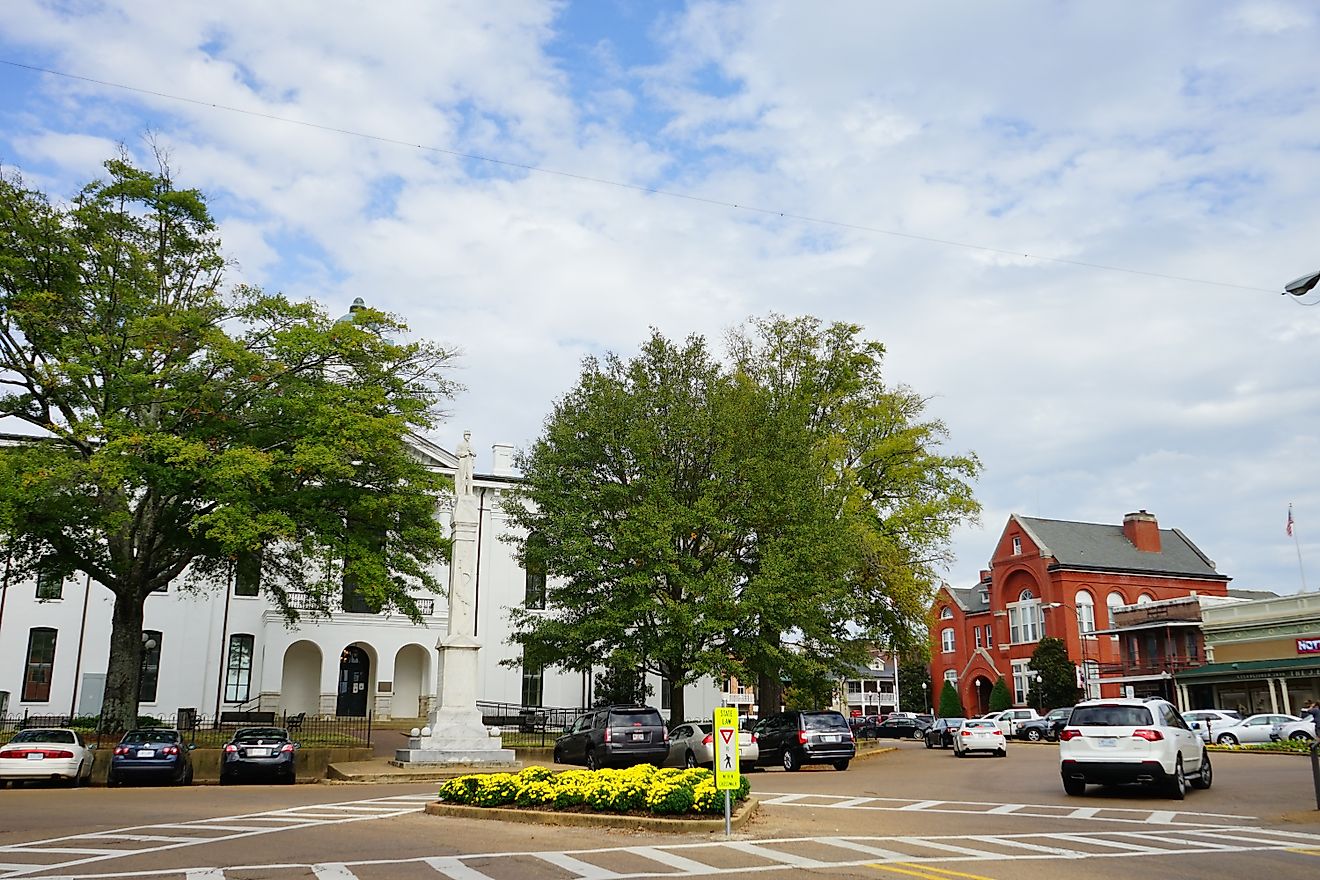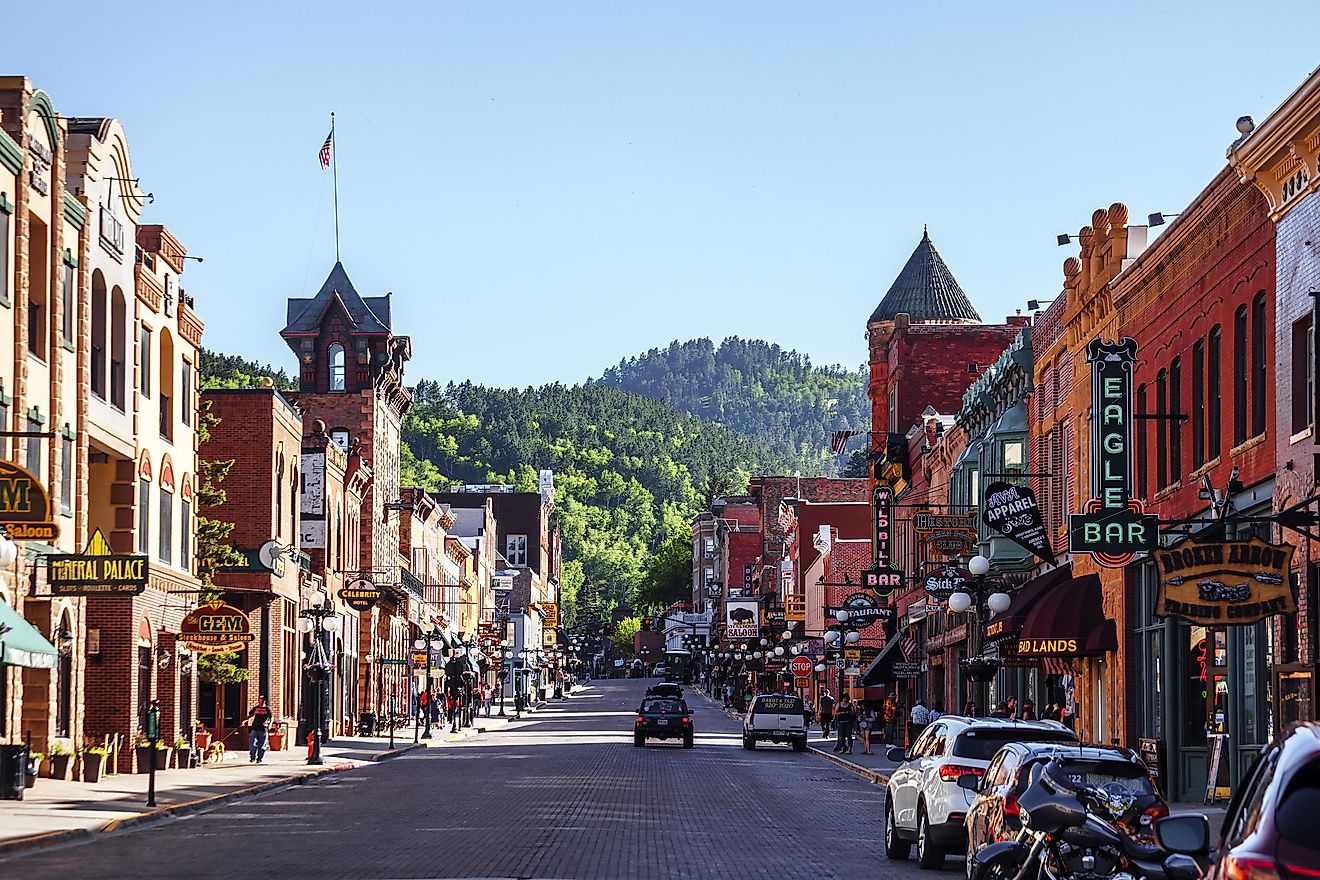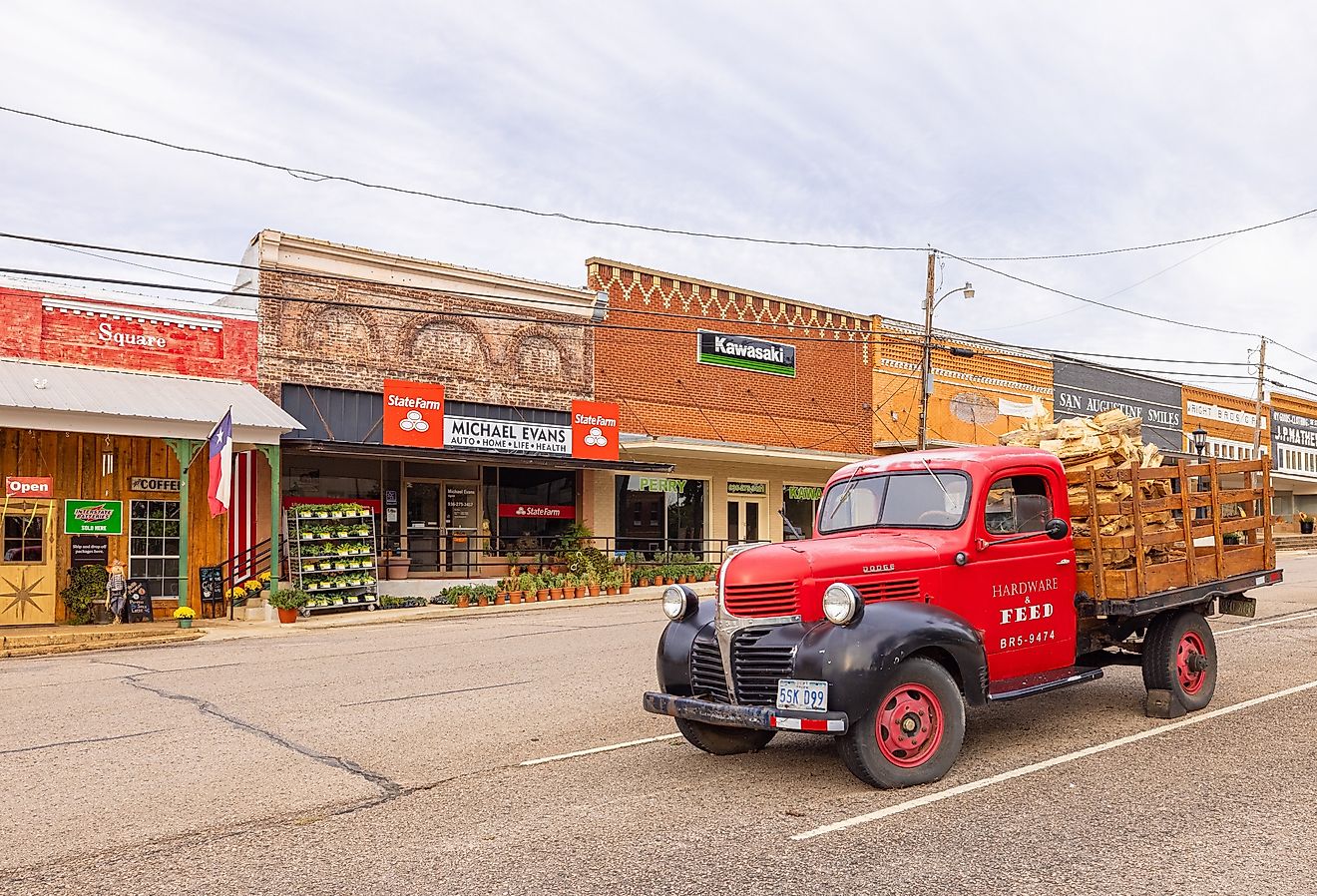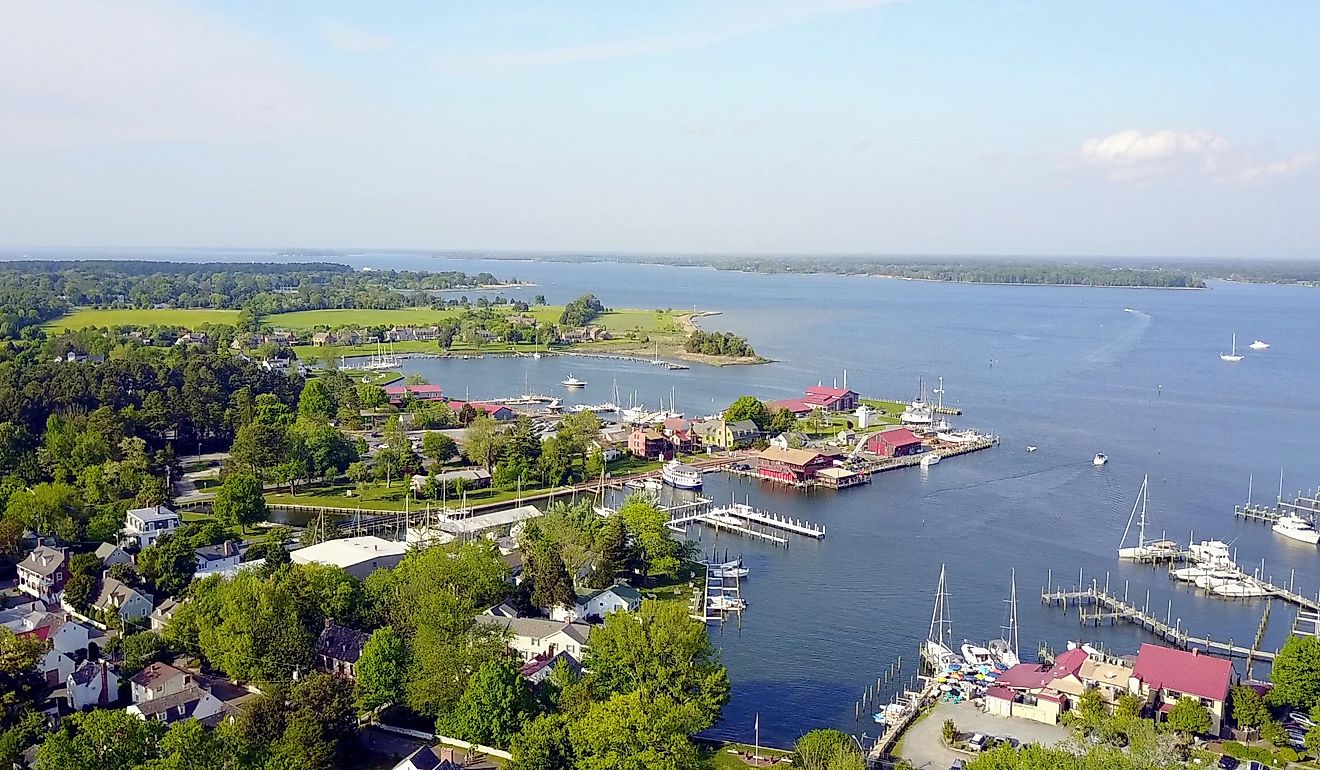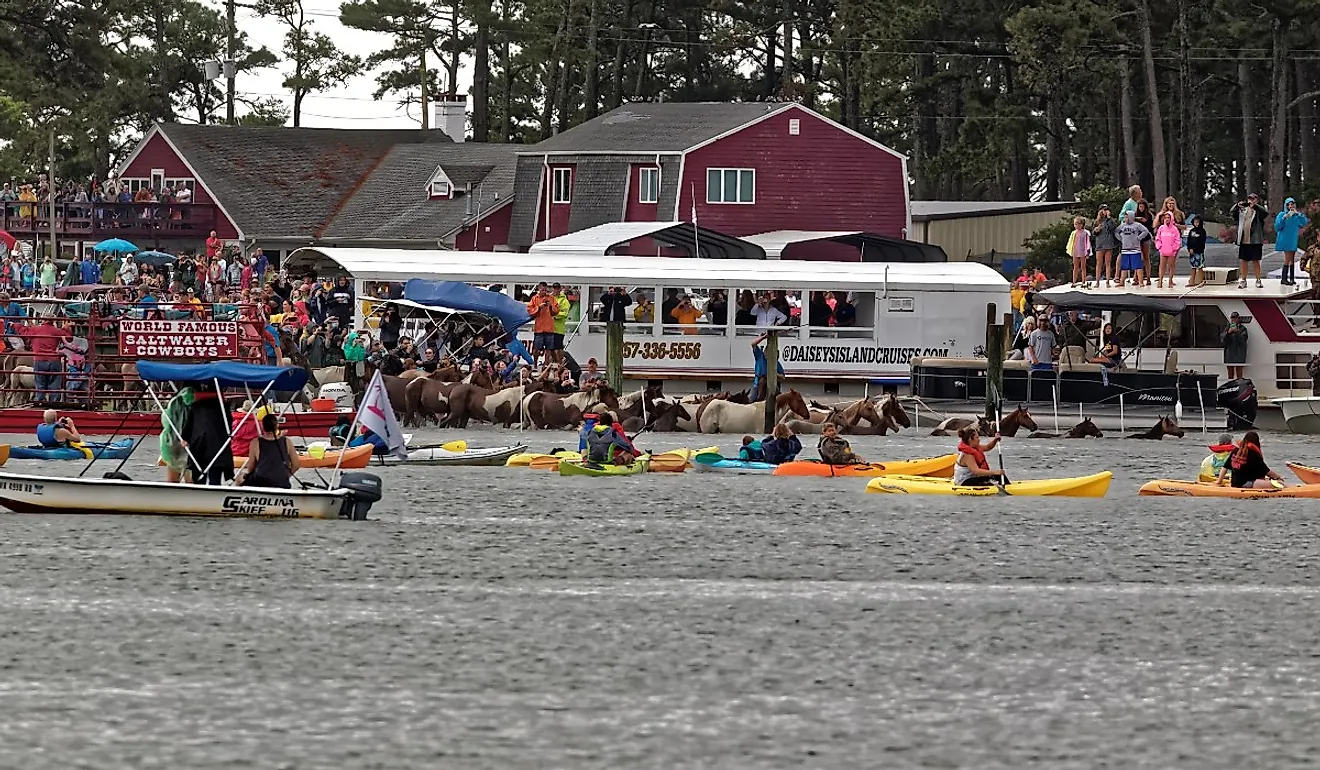
Kaikoura, New Zealand
Kaikoura is a small town situated in the Canterbury region on the eastern coast of the South Island of New Zealand. Kaikoura serves as the administrative seat of the territorial authority of the Kaikoura District. The name "Kaikoura" has been derived from the Maori words 'kai' and 'koura,' which means 'meal of crayfish.' The town is a well-known tourist destination offering several recreational activities for the visitors, such as whale watching and swimming with or close to the dolphins.
Geography Of Kaikoura

As per Statistics New Zealand, Kaikoura is described as a minor urban area that covers a total area of 9.25 sq. km. The small town is situated on State Highway 1, approximately 180km to the north of the city of Christchurch. The Kaikoura Coast refers to the portion of the coastline that stretches roughly between the mouths of the Conway and Clarence Rivers. However, the Kaikoura Coast is quite unusual as a South Island east coast since it contains a small coastal plain with the Seaward Kaikoura Range, which rises straight from the Pacific Ocean. The Kaikoura Peninsula extends about 5km into the Pacific Ocean in the southern part of the town. From the Mount Fyffe summit, one can get a panoramic view of the peninsula.
Climate Of Kaikoura
According to the Köppen climate classification, Kaikoura experiences a marine west coast climate. January is the hottest month with an average temperature of 16.7°C, while July is the coolest month with an average temperature of 8.1°C. With an average of 123.6 rainy days, Kaikoura receives an average annual precipitation of 33.2 inches.
The Population Of Kaikoura
As of June 2021, Kaikoura has a population of 2,420 inhabitants. The town has a population density of 262 inhabitants per sq. km. Kaikoura's population has increased from the 2018 New Zealand census, which showed that the town was home to 2,223 people. About 83.3% of the town's population were European/Pakeha, 19.6% were Maori, 5.0% Asians, 3.1% other ethnicities, and 0.8% Pacific people.
Wildlife Viewing In Kaikoura

The Kaikoura Canyon is a submarine canyon situated on the southwestern part of the Kaikoura Peninsula. This submarine canyon has been described as a biodiversity hotspot since the resulting upwelling currents bring many marine organisms from the deep depths of the neighboring Hikurangi Trench and provide feeding grounds for a wide variety of marine mammals and seabirds along the Kaikoura coast.
The marine mammals that are seen here include different species of whales such as sperm whales, humpback whales, and orcas; dolphins like Dusky dolphins and the rare Hector's dolphin; and a large colony of southern fur seals. Some of the notable seabirds seen in Kaikoura include the Indian Yellow-nosed Albatross, Southern royal albatross, white-headed petrel, blue-footed petrel, Hutton's shearwater, long-tailed skua, Wilson's storm petrel, Little penguin, Red-billed gull, Northern giant petrel, etc. The banded dotterel has also been found to nest on the stony beaches around the South Bay and the Kaikoura Peninsula.

Established in 2014, the Hikurangi Marine Reserve is a large marine reserve that covers an area of 25,740 acres to the south of the Kaikoura township. The reserve includes a portion of the Kaikoura Canyon and is considered New Zealand's most extensive and deepest marine reserve. To provide additional protection for the marine mammals in the area, the Kaikoura Whale Sanctuary covering an area of 4,686 sq. km was also established after the passing of the Kaikoura Marine Management Act of 2014.
Tourist Attractions In Kaikoura

The abundance of marine life has made Kaikoura a well-known tourist destination that attracts about 1 million visitors each year, mainly for whale watching and swimming with or close to the dolphins. The economy of Kaikoura is primarily driven by tourism which in 2020 contributed $57 million to the total GDP of the Kaikoura District. Some of the popular tourist attractions in Kaikoura are discussed below.
Mayfair Theatre
The Mayfair Theatre is an art deco building that serves as a venue for cinema and concerts in Kaikoura. First opened in 1935, the building of the Mayfair Theatre was severely damaged during the 2016 Kaikoura earthquake. The building was reopened in November 2020 after it was restored with the help of community fundraising initiatives.
Fyffe House

Fyffe House is Kaikoura's oldest surviving establishment and the last remnant of its pioneer whaling station. The construction of the Fyffe House was quite unusual as the supporting foundations of the wooden colonial cottage were made of whalebones. It was constructed in the early 1840s by a New Zealand whaler named Robert Fyffe and revealed stories about the rich history of the area, whaling, and the lives of the three families that lived in the place from 1844 to 1980. Maintained by Heritage New Zealand, the Fyffe House is a popular tourist destination in Kaikoura.
Brief History

Archaeological evidence of moa bones revealed that the native Maori people lived and hunted moa in the present-day Kaikoura area. From 1670 onwards, the area was inhabited by the Ngai Tahu tribe. In 1770, the British navigator Captain James Cook saw the Kaikoura area and reported seeing four double-hulled canoes containing 57 Maori approaching HMS Endeavour. The area also served as a battle site between Ngai Tahu and Ngati Toa in 1827 or 1828. Kaikoura's first whaling station was established by a New Zealand whaler named Robert Fyffe in 1842. Robert Fyffe and his family were the first European family to settle in Kaikoura. In 1847, the land to the north of Kaikoura was purchased by the New Zealand Government from the Ngati Toa tribe. However, the Ngai Tahu tribe challenged this decision to sell the land. In later years, a land agreement was made by the New Zealand Government, which was supported by the Ngai Tahu tribe. From 1850 onwards, these acquired lands were sold to European settlers. The Railway line between Christchurch to Picton was officially opened at Kaikoura in December 1945. The town witnessed a severe economic crisis because of the decline in the number of crayfish due to overfishing. A group of local people established a tourist center in Kaikoura in 1985 and began promoting the town as a tourist destination. A massive 7.8 magnitude earthquake struck Kaikoura on November 14, 2016, leading to severe infrastructural damages. As a result of this earthquake, the surrounding region and the bay were uplifted by about 2m.
